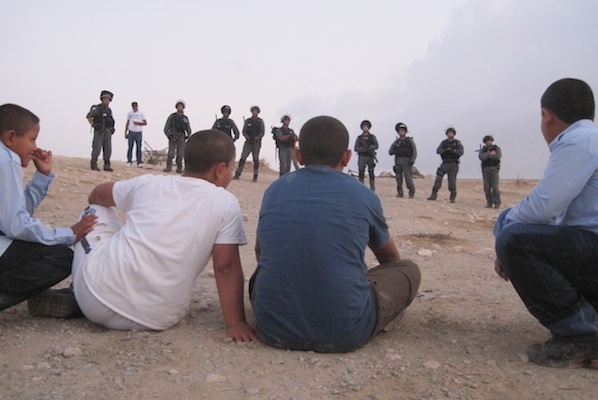Prior to the founding of the State of Israel, the Bedouins’ claim to the Negev was hardly in question. As of 1935, they cultivated 2,109,234 dunums of land (1 dunam = .24 acre) where they grew most of Palestine’s barley and much of the country’s wheat. In 1946, 100,000 Bedouins lived in the Negev. The first Jewish settlement there was not established until 1940 and by early 1946 the number of Jewish settlements had grown to four with a combined population of 475. Jewish land cultivation in the Negev amounted to 21,000 dunums in 1946. To put matters into further perspective: the amount of land cultivated by the Bedouins in the Negev prior to 1948 came to three times that cultivated by the entire Jewish community (the Yishuv) in all of Palestine even after sixty years of “pioneering” Zionist settlement.
Today, the Bedouin no longer retain the rights even to those lands on which their villages sit. The story of how the Bedouin lost their patrimony and continue to face dispossession is the story of official state discrimination.

